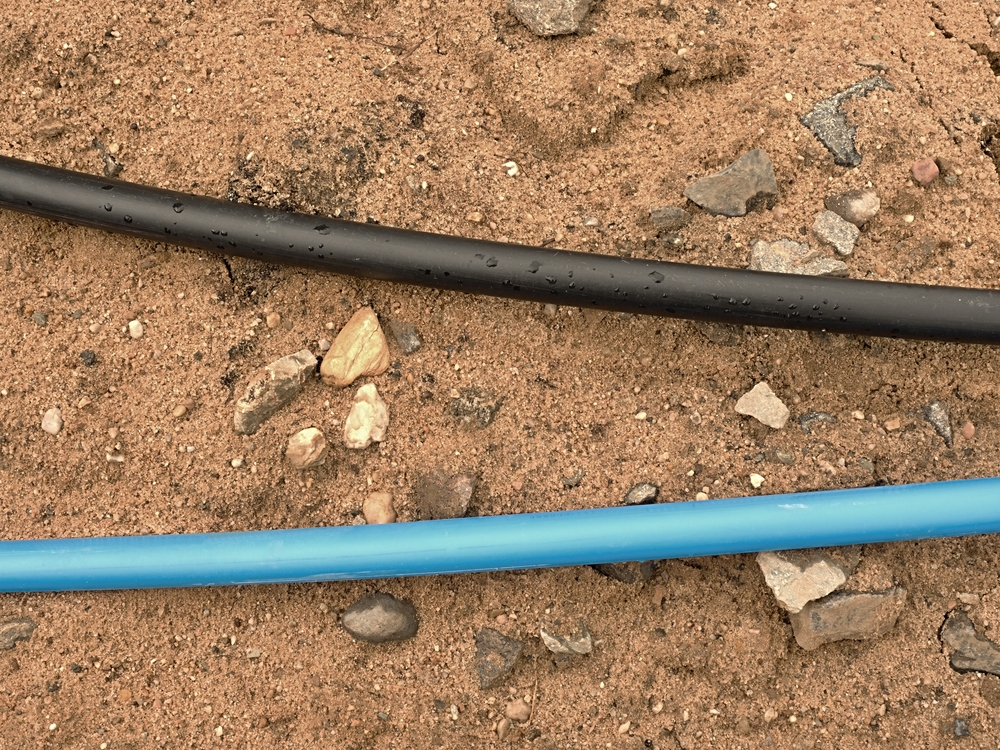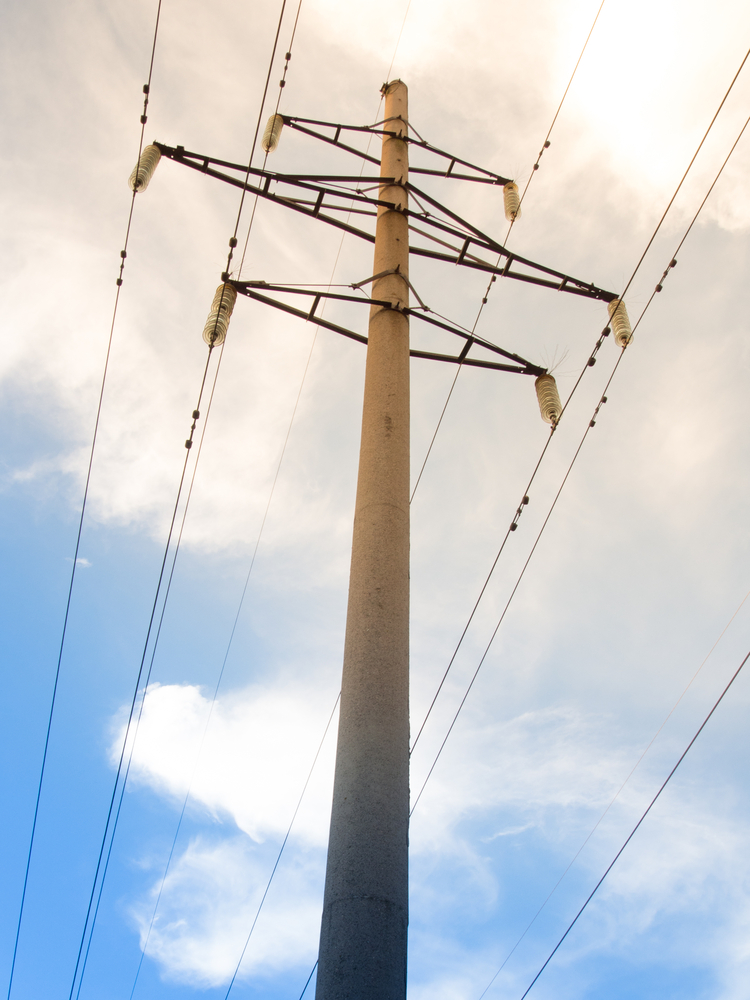Line Installer
March 6, 2017 buildyourpath_wpabout the job
A line installer, also known as a line worker, is the one responsible for installing, repairing, and maintaining power lines and cables. Everywhere you go, there are power lines and cables that provide people with electricity, phones, cable television, and Internet. Line installers can also specialize in different areas depending on the industry.


what you'll do
Electrical power-line installers and repairers install, maintain, and repair the electrical grid – the network of power lines that provide electricity to homes, businesses, schools, hospitals, and other buildings. They work with high-voltage lines and transformers, underground conduits, and highly specialized equipment. Line workers tend to travel around within their designated region in order to make sure that everything is running smoothly and that there are no outages. They may also work on traffic-signal lights and streetlights.
education
A high school diploma is required to become either type of line worker. Most of the time, the worker will be trained on the job by his or her company. Long-term on-the-job and technical training will help a worker advance in his or her career. Apprenticeships are also common.

all the other details
types of careers
- Line installers install new cable. They may work for construction contractors, utilities, or telecommunications companies. Workers generally start a new job by digging underground trenches or erecting utility poles and towers to carry the wires and cables. They use a variety of construction equipment, including digger derricks, which are trucks equipped with augers and cranes used to dig holes in the ground and set poles in place. Line installers also use trenchers, cable plows, and directional bore machines, which are used to cut openings in the earth to lay underground cables. Once the poles, towers, tunnels, or trenches are ready, workers install the new cable.
- Line repairers employed by utility and telecommunications companies maintain existing lines. Maintenance needs can be identified in a variety of ways, including by remote monitoring, by aerial inspections, and by customer reports of service outages. Line repairers must often replace aging or outdated equipment, so many of these workers have installation duties in addition to their repair duties. When a problem is reported, line repairers must identify the cause and fix it. This usually involves diagnostic testing using specialized equipment and repair work. To work on poles, line installers usually use bucket trucks to raise themselves to the top of the structure, although all line workers must be adept at climbing poles and towers when necessary. Workers use special safety equipment to keep them from falling when climbing utility poles and towers. Storms and other natural disasters can cause extensive damage to power lines. When power is lost, line repairers must work quickly to restore service to customers.
licenses, certifications, and registrations
Although not mandatory, certification for line installers and repairers is also available from several associations. For example, the Electrical Training ALLIANCE offers certification for line installers and repairers in several specialty areas.
In addition, The Fiber Optic Association (FOA) offers two levels of fiber optic certification for telecommunications line installers and repairers.
Workers who drive heavy-duty company vehicles usually need a commercial driver’s license.
what you'll get paid
The average salary is $62,400 but will vary depending on experience and training.